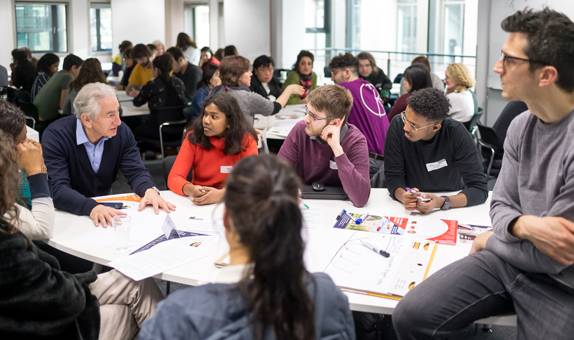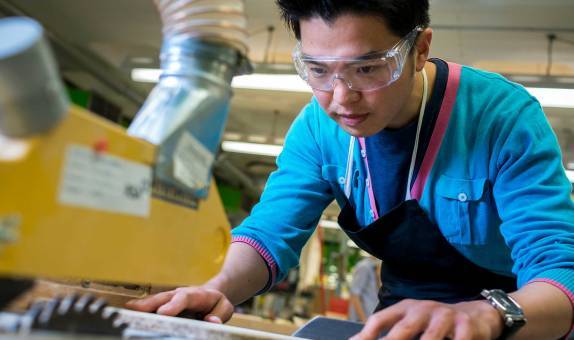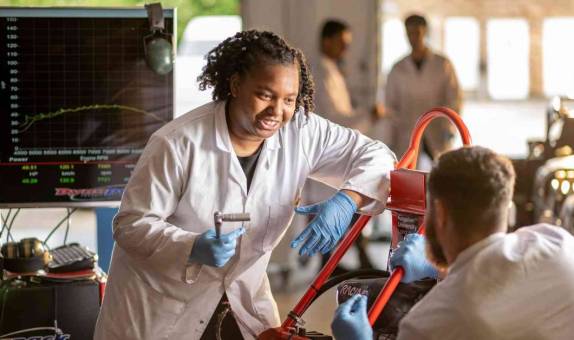ScaleUp Group
The world of graduate recruitment is changing fast. Insights developed in the rapidly-evolving world of technology firms are spreading to other more traditional industries.
One example is how ScaleUp Group, a consultancy that usually works with growing technology firms, has been asked by a sports company to establish its graduate scheme.
Following a recruitment that will test candidates' emotional intelligence rather than rely on standard verbal and numerical reasoning measures the scheme aims to build communication and relationship-building capabilities.
Students that can communicate well are vital for the company to continue growing and improving. They want graduates to broker more relationships and partnerships: they want the graduates to add value.
The new scheme draws on the insights of the world of scale-ups which need to adapt quickly to evolving environments to ensure they secure maximum profit to enable growth. People are typically expected to work across a variety of business functions including events, brokering, tech and analysis. Graduates need to adjust to different roles quickly as the business' priorities and demands change.
So while graduates remain a priority for hiring for the businesses that ScaleUp advises, the type of degree they possess is no longer their top priority. It isn't always necessary to have a business or economics degree to work in a finance start-up, for example, but communication, creative-thinking, empathy and adaptability are vital.
For Scaleup Group, it isn't your degree title that will keep you in a role, it is the skills you bring to the business. Graduates will be kept on and promoted if they can communicate effectively, adapt quickly and drive innovation. These are the skills that graduates provide, and we need to develop more of this type of skills training in the future.









